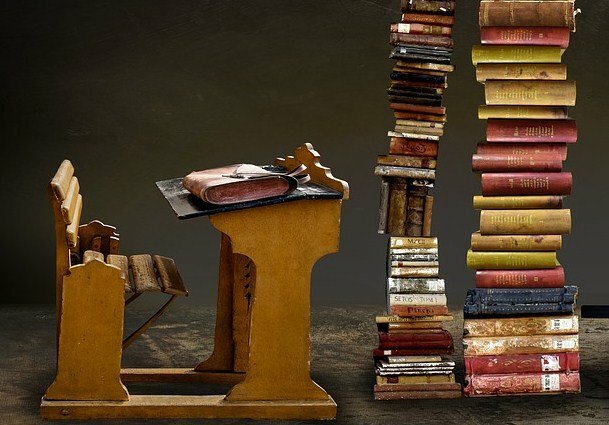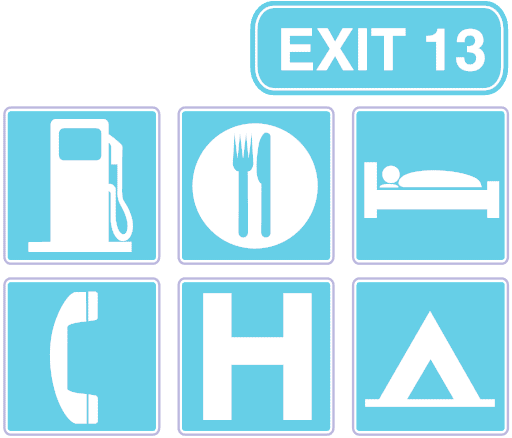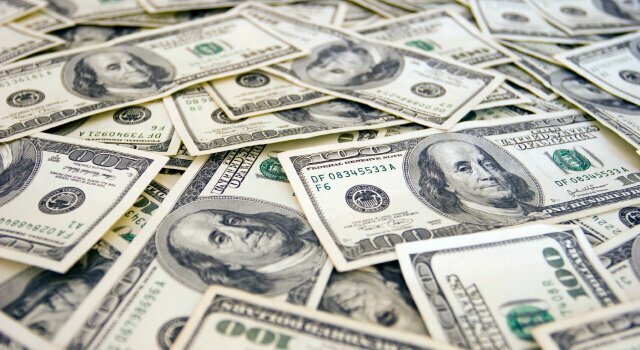Historically known as liberalism, to all the transformations of a political nature that took place in Europe and America at the end of the seventeenth century that They were of great influence to defeat the Napoleonic Empire and they agreed with an ideological current and political doctrine.
The word liberal has been used since the 19th century to refer to a series of ideas on which the political systems founded by the bourgeois liberal revolution were based and sustained.
Advertisements
In this article you will find:
What is liberalism?
Liberalism is a philosophical doctrine of concrete expressions in the political, social and economic sphere, whose fundamental foundations are the limitation of the role of the state, individual freedom, protection of private property, equality, separation of powers and tolerance of beliefs.
In addition to the political and economic content, the liberal ideals shaped a way of conceiving society and the way in which people should act to be socially accepted.
Advertisements
In this way, in reason and protecting the right of each individual to live in freedom, the liberals admitted the sky, like an enormous machinery whose mechanisms followed natural laws.
They admitted that society was not created by orders, classes, or hierarchies, but by individuals, and they founded a doctrine to defend individual freedom. In the absence of surrender to others in any area or field, civil, political, religious and economic. Likewise, the freedom to sell, buy, contract or establish oneself was defended without any limitation other than one's own desire.
Advertisements
How did liberalism arise?
Liberalism germinates in opposition to absolutism and is imbued with the ideas of John Locke and thinkers like Voltaire, Montesquieu and Jean Jacques Rousseau, and participation of British like Adam Smith and John Stuart Mill.
It arises as a synthesis of various elements such as medieval immobility in terms of its economy, the rationalism, utilitarianism and Protestantism, which combine and adapt equitably during centuries. However, the factors that played a role as catalysts for divergent ideological realities were the individualistic conception and the desire for absolute and all-embracing freedom.
Advertisements
The momentous historical milestones of liberalism were the American Revolution and the French Revolution, which occurred in the 18th century. From there, it is extended to Latin America and influences the revolutions that will take place for the creation of free and independent nations during the 19th century.
No authority could limit freedom, neither political nor spiritual, it was defended in all areas. Including thoughts and all attempts to limit it were reported.
Advertisements
It is inspired by the ordering of a rule of law with limited powers, which ideally reduces the functions of the government to implement justice, security and develop public works and obedient to a constitution, which conceived the emergence of the liberal democracy during the 18th century, which is still in force today in many nations, especially in the nations of the West.
To conclude, it can be said that every conception, theory, policy starts from the concept of Man. Liberalism has the peculiar characteristic of reducing reality to the subject, man being the cause, the beginning and the end of all creative activity. In this way the subject is elevated to a podium or link that does not correspond to him, that of self-sufficient, this humanism is atheist and denies existence of the supernatural, denies the existence of God as universal creator, despite the fact that the existence of a computer.
For liberalism the development of man is achieved with the expansion of his wealth, they may be able to feel materially pleased, but the spirit will beat a great debt.


